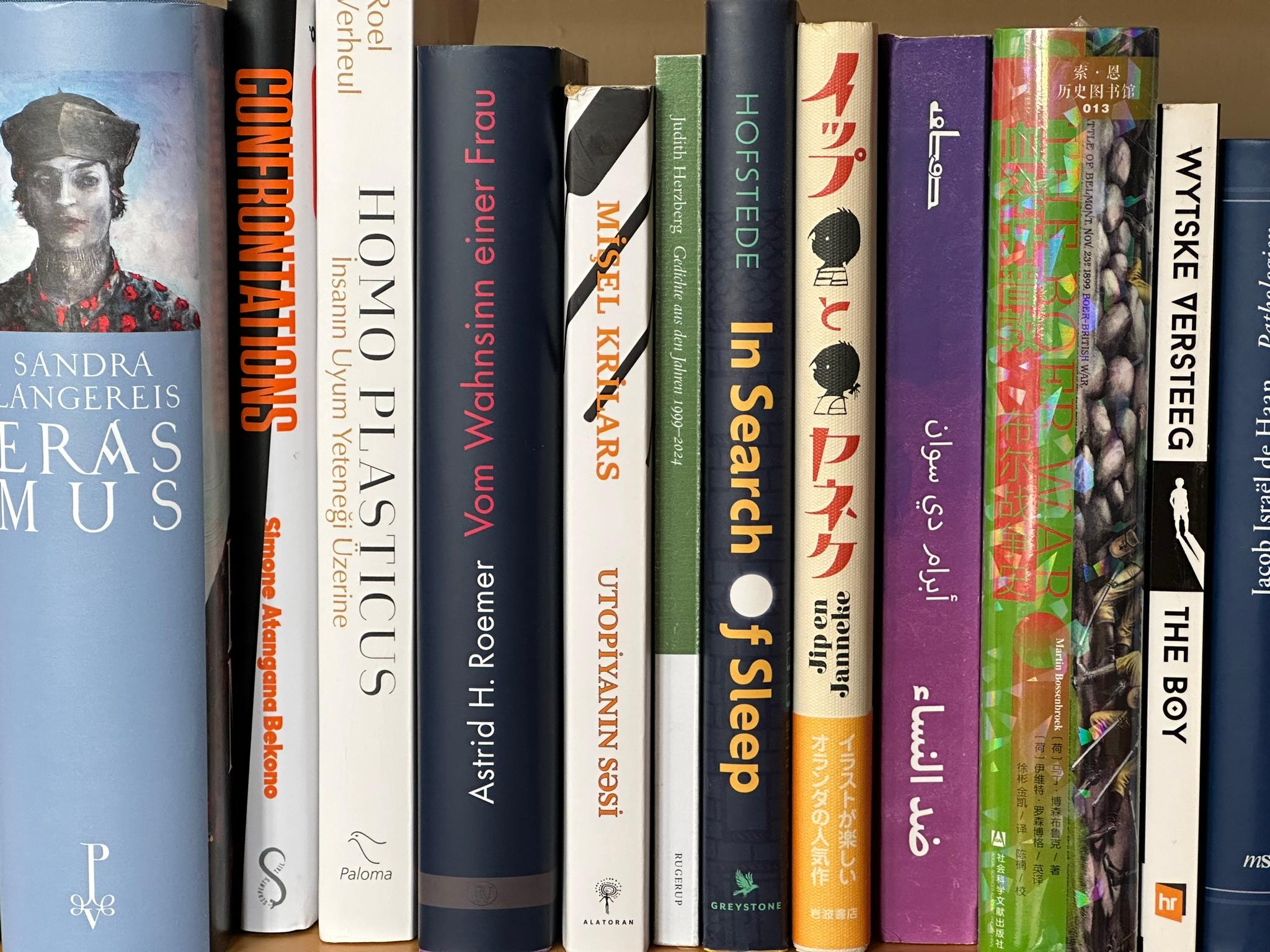.png&w=2048&q=75)
New Dutch Fiction - Autumn 2025
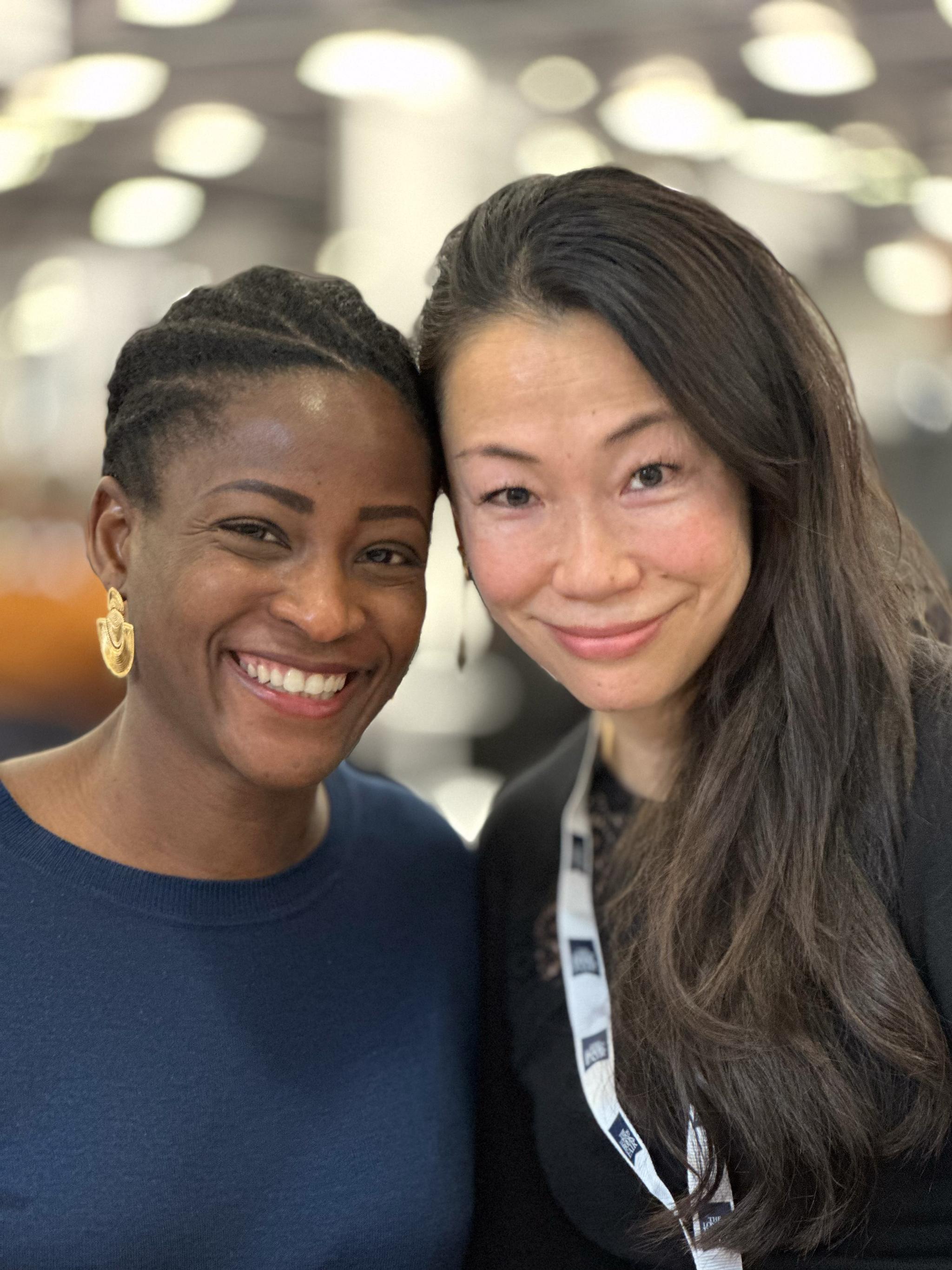
Who we are
What's happening
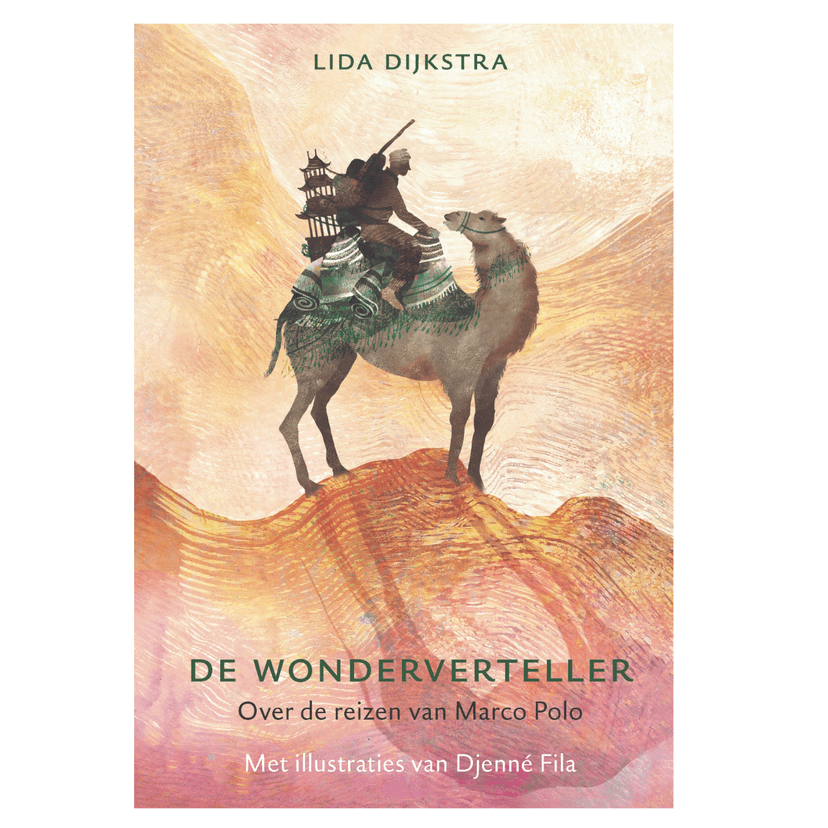
The Teller of Wonders wins Gouden Griffel 2025
The Gouden Griffel 2025, the Netherlands’ annual award for the best written children’s book, goes to the ‘Teller of Wonders’ by Lida Dijkstra. The prize has been festively awarded last week. Djenné Fila, who illustrated the book, received a Zilveren Penseel for her work, earlier this year. ‘The Teller of Wonders’ was part of our Children’s Book Selection 2025.
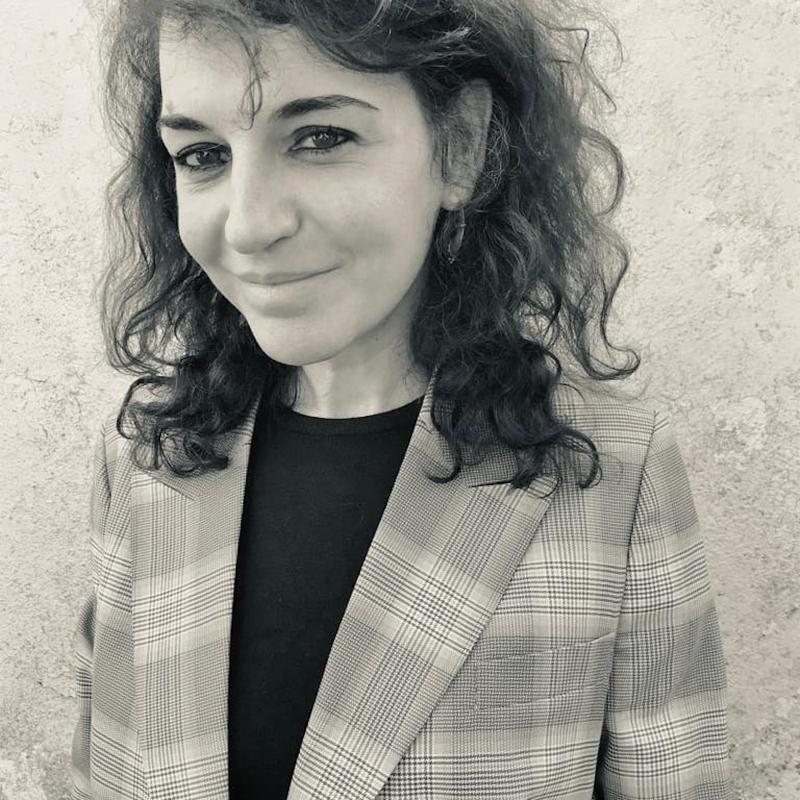
Laïla Koubaa as writer in residence in Amsterdam
Flemish children’s author Laïla Koubaa will stay at the Amsterdam Writers Residency from 1 to 28 July, at the invitation of Passa Porta and the Dutch Foundation for Literature. Each year, the Flemish literary organization Passa Porta and the Dutch Foundation for Literature exchange an author for a residency in Belgium and the Netherlands.
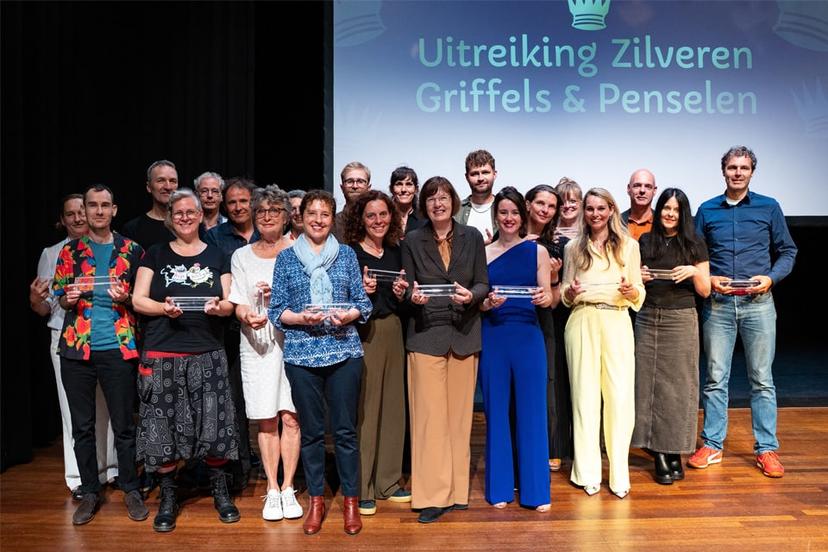
Griffels and Penselen 2025 Awarded for Best Dutch Children's Books
Twelve “Zilveren Griffels” and eight “Zilveren Penselen” have been festively awarded in Amsterdam, last week. The Griffels and Penselen are the Netherlands’ major awards for the best written (Griffels) and illustrated (Penselen) Children’s Books.
-(10).png&w=828&q=75)
Chris Tse as a writer in residence in Amsterdam
Poet Chris Tse, from New Zealand, will be staying at the Amsterdam Writers Residency from June 2st to June 27th, upon invitation by the Dutch Foundation for Literature and Poetry International, where he will perform during the annual poetry festival.
